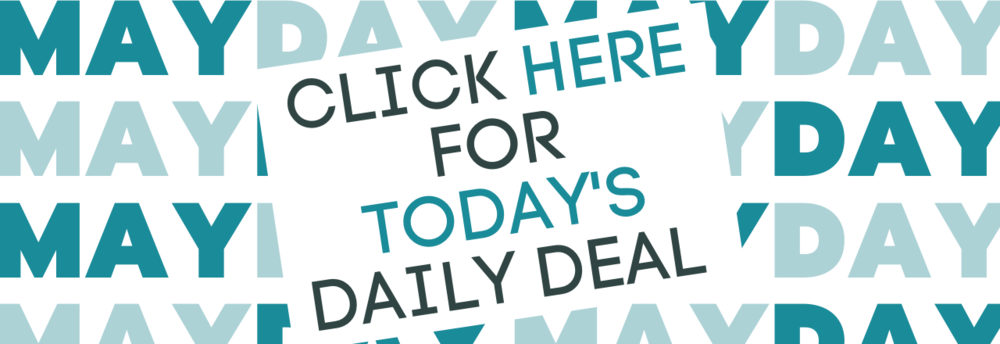Slap on wrist for council from Auditor General
Maddy Harker
19 May 2021, 6:06 PM
 The OAG said the council made no attempt to establish a budget for the speed limits bylaw review, which cost more than double what was initially estimated. PHOTO: Wanaka App
The OAG said the council made no attempt to establish a budget for the speed limits bylaw review, which cost more than double what was initially estimated. PHOTO: Wanaka AppThe Office of the Auditor General (OAG) will not be formally investigating procurement practices at the Queenstown Lakes District Council (QLDC) but initial enquiries have not left the council untarnished.
In February the OAG confirmed it was seeking information over the discovery that consultancy firm ZQN7 (owned by former QLDC manager Ruth Stokes and her husband) was paid $530,000 (excluding GST) between 2018 and 2020 to review three local bylaws.
Concerns were raised with the OAG over council’s use of a direct procurement approach, splitting of invoices, and engaging contractors without the contractual oversight to identify potential conflicts of interest.
Council’s own review into the spending, which is ongoing, found the QLDC’s practice was “generally” aligned with QLDC procurement policy, mayor Jim Boult said, but “misunderstandings” existed regarding the application of the guidelines.
The OAG also pointed out plenty of room for improvement in a report made public yesterday (Wednesday May 19), with recommendations for a series of changes to strengthen the policy and a requirement for the council to provide an update to the OAG in six month’s time.

QLDC CEO Mike Theelen said the OAG’s advice would help strengthen the council’s procurement practice. PHOTO: Supplied
OAG inquiries manager David Lemmon confirmed the OAG found no evidence of conflicts of interest over engaging the consultants and “the decision to engage ZQN.7 to complete the work was made by council employees, with no involvement by elected members, including the mayor”.
The fact one ZQN.7 employee had previously worked as a nanny for the mayor some years earlier was not relevant, he noted.
However, QLDC was slammed over its splitting of invoices and David said in the case of ZQN.7 it appeared “no attempt was made to establish a budget for the review of each bylaw or for the reviews overall”.
Don't leave it too late, see MoleMedic Skin Cancer Clinic in your Wanaka App
ZQN.7’s speed limits bylaw review, for example, was estimated to cost $99,000 but the final bill came to more than double that at $202,336.
In a letter to the council, David said: “Good procurement practices do not stop after a contract has been signed. It is important that public organisations continue to manage contracts in order to assess whether they are receiving value for money.”
While ZQN.7’s hourly rates appeared reasonable and the consultants were appropriately experienced to carry out the work, “the council has exposed itself to questions being asked about the fairness of the selection of ZQN.7 and the transparency that the council displayed in its procurement approach,” David said.
The fact council had not reviewed its policy or guidelines between 2016 and 2021 likely contributed to “misalignment” between policy and practice, he said.
“This misalignment has been identified in relation to the engagement of ZQN.7, and is known to exist in relation to other contractors and consultants engaged by the council,” he said.
The OAG encouraged the council to continue to progress its review and update of the guidelines and “to complete these as soon as possible”.
Council has started to address the issues and the OAG would not begin a formal investigation, but the QLDC is required to provide an update within six months which sets out what progress has been made implementing the changes.
QLDC CEO Mike Theelen said the OAG’s advice would be taken into consideration to strengthen future procurement practices.






